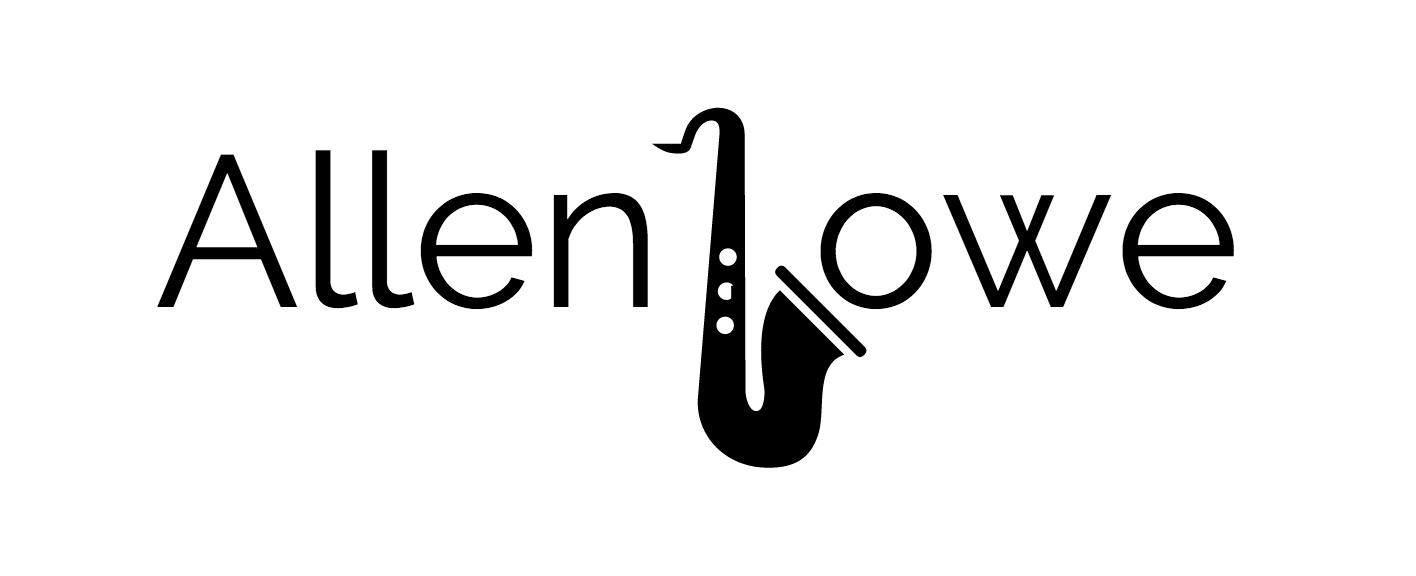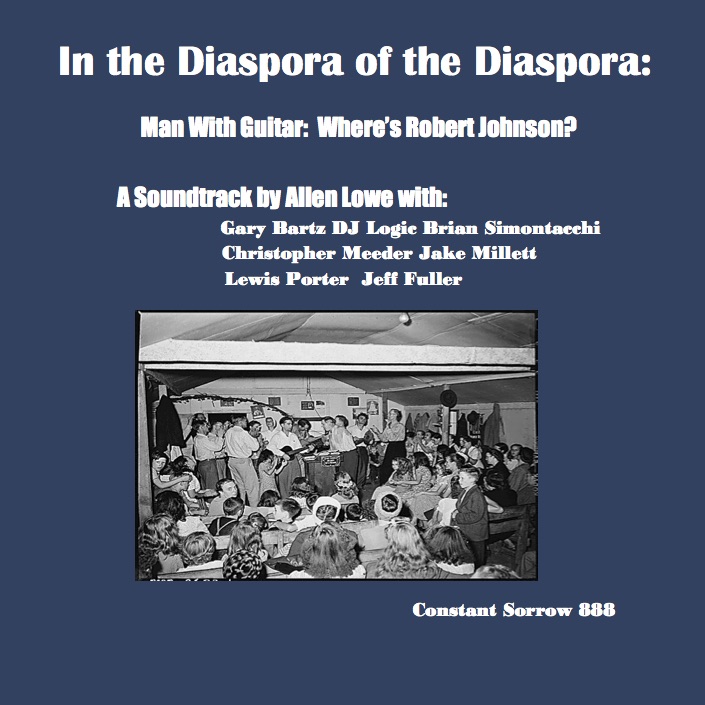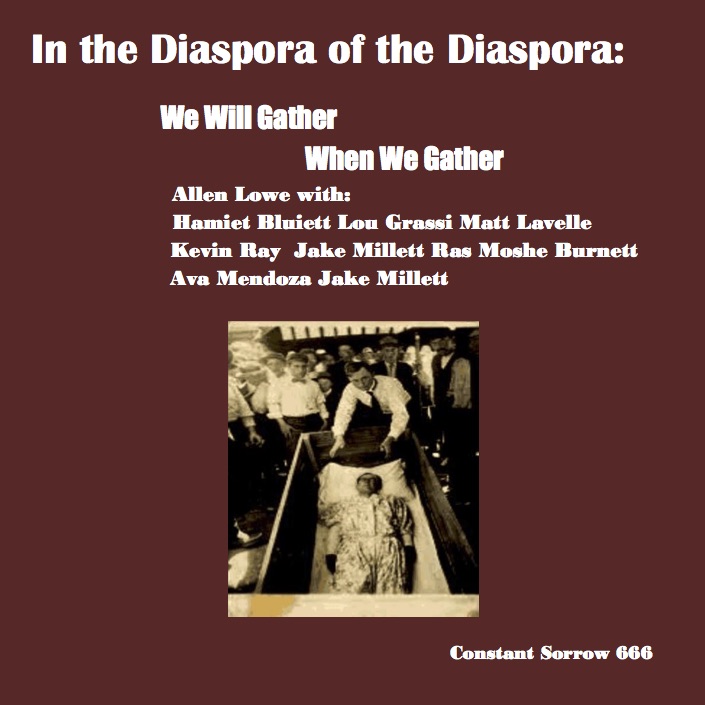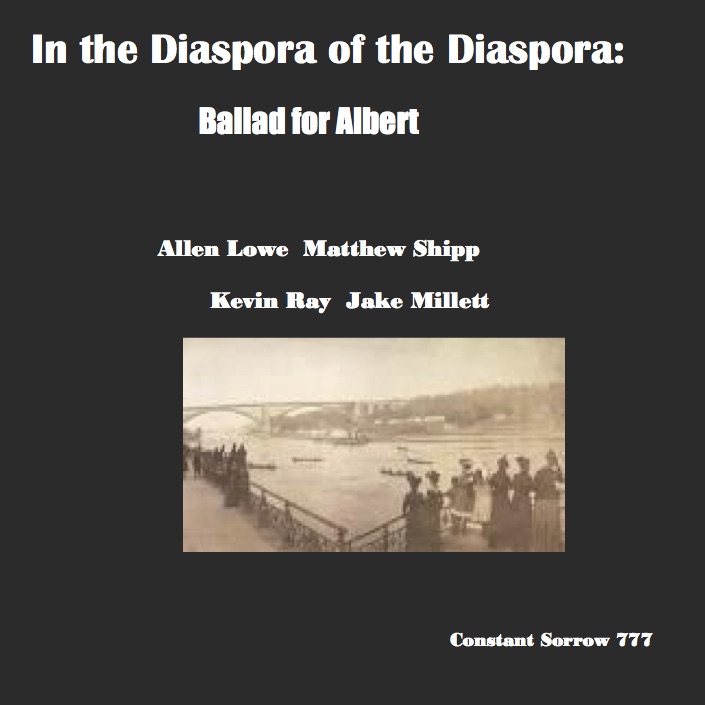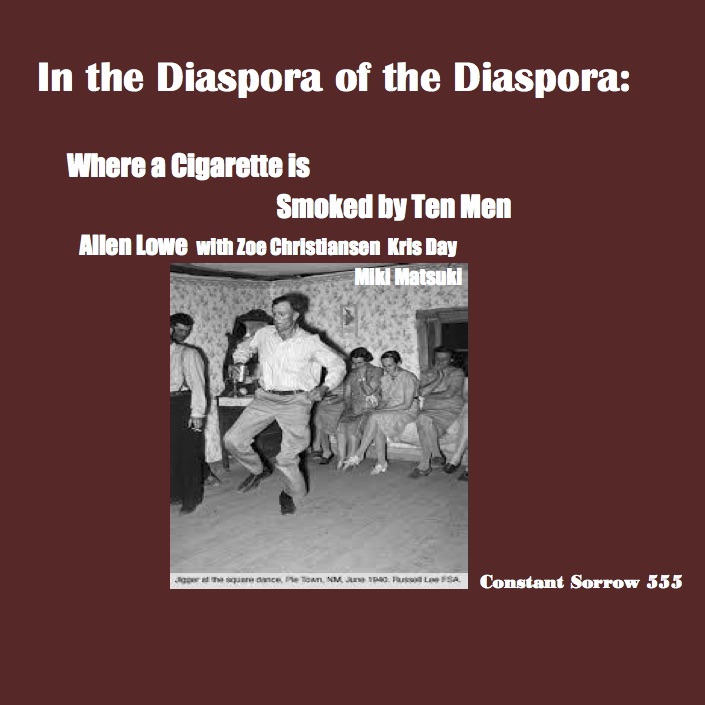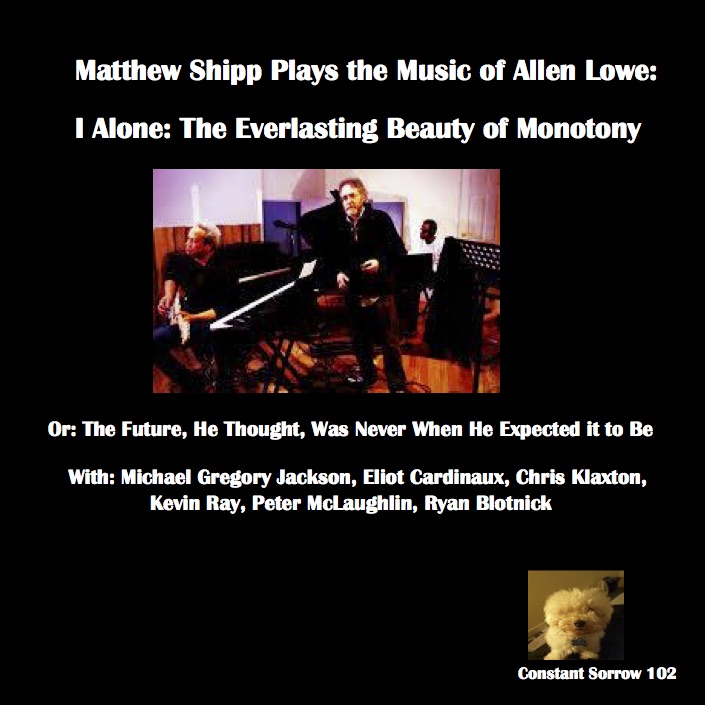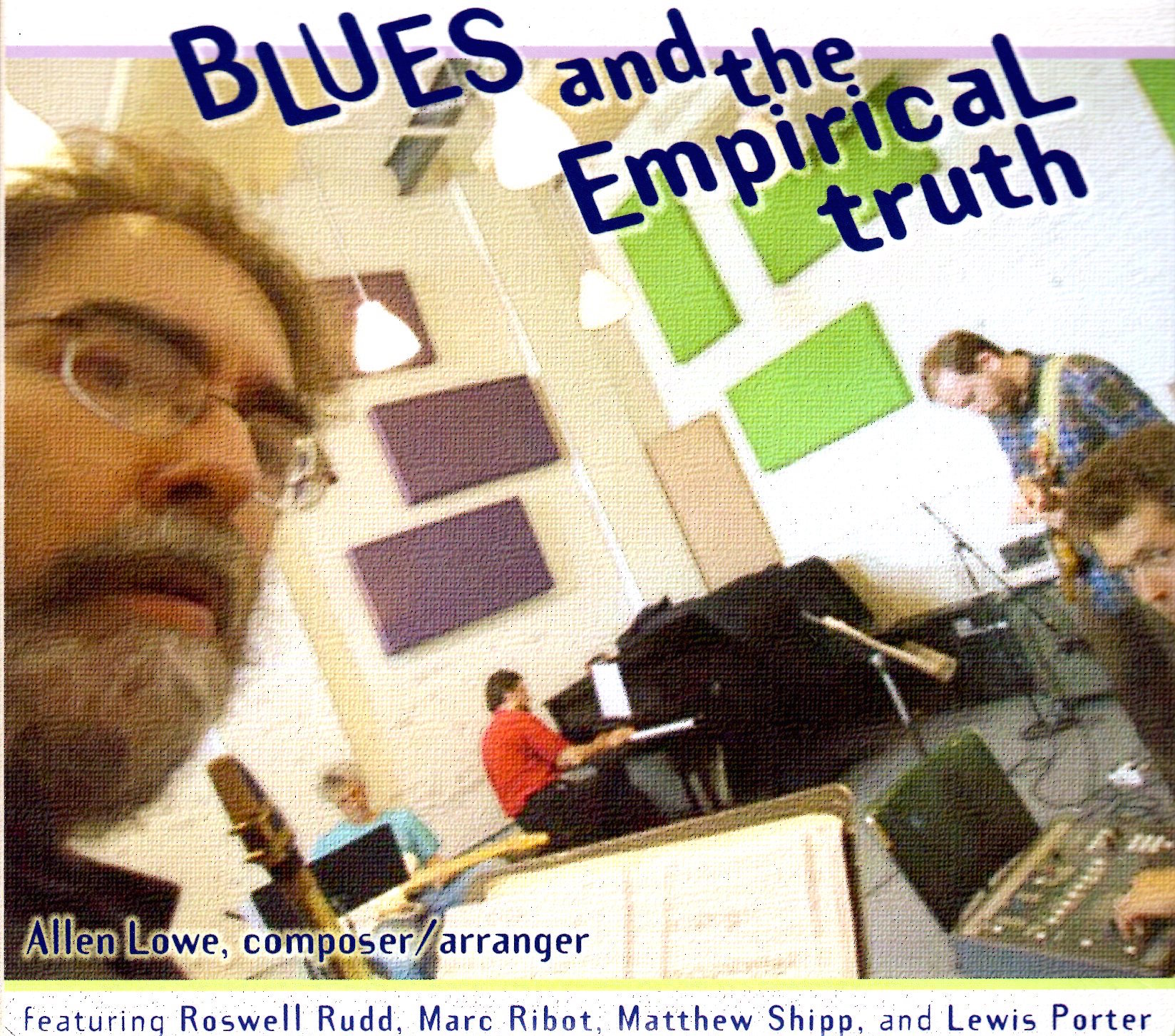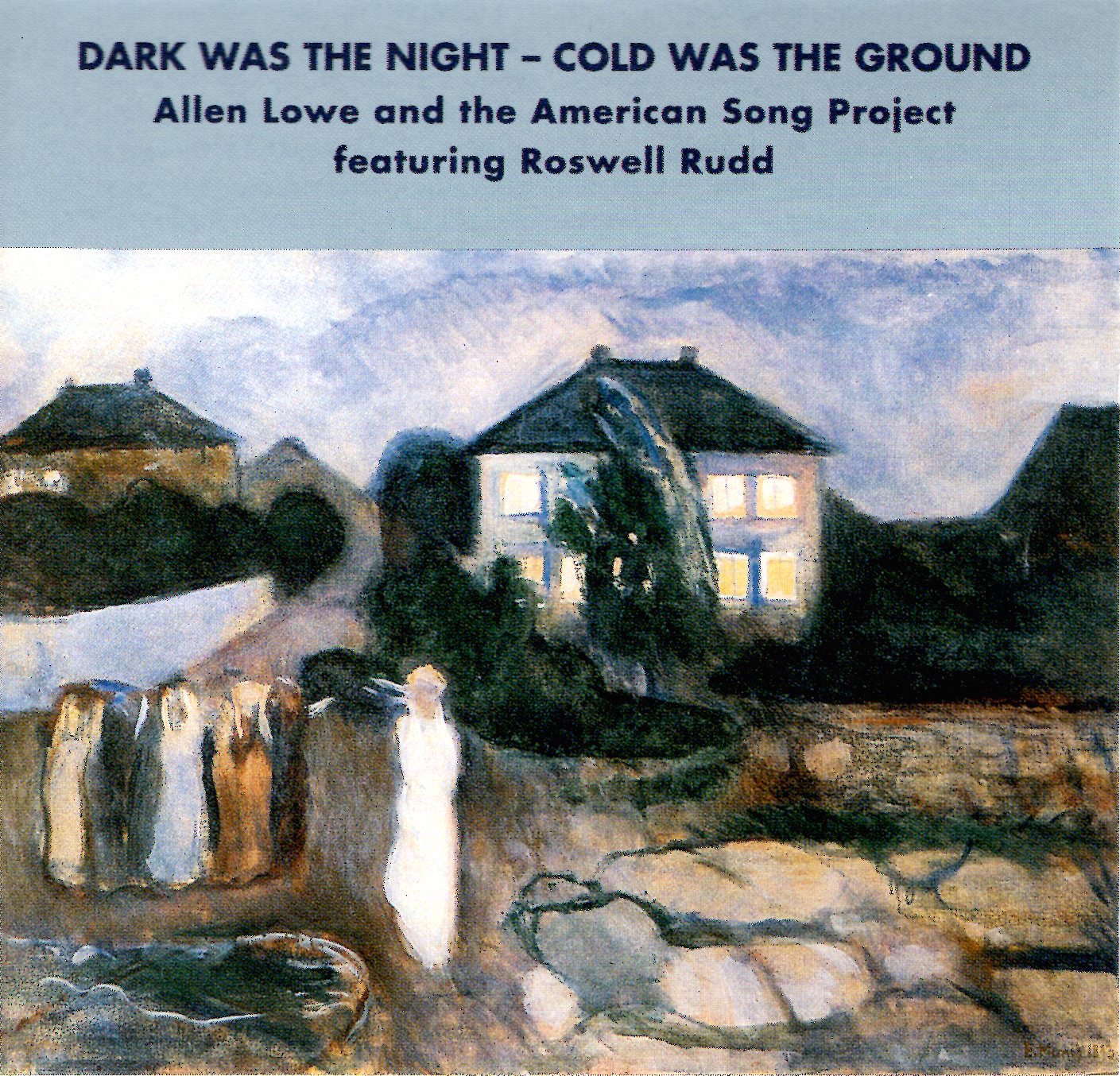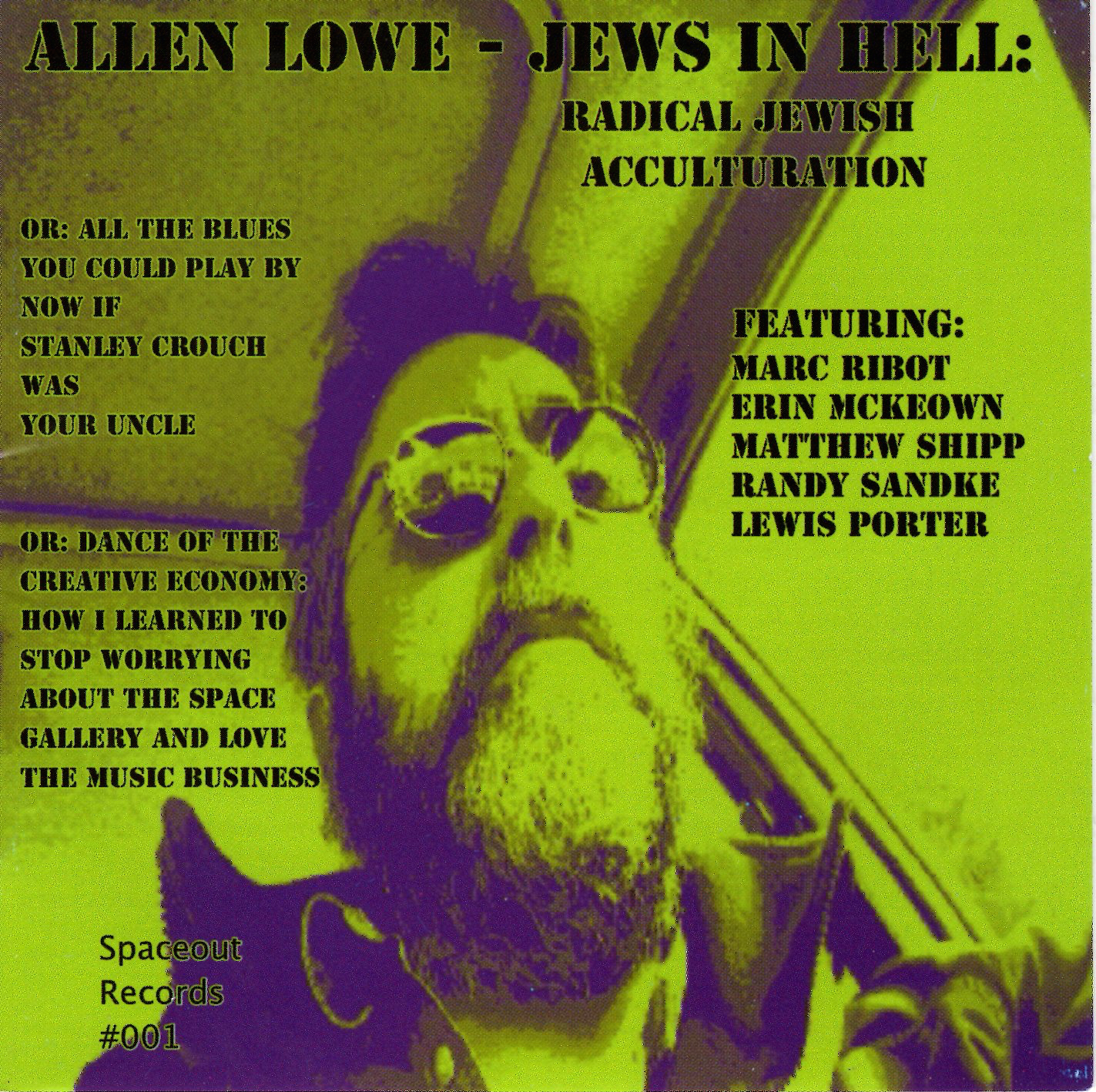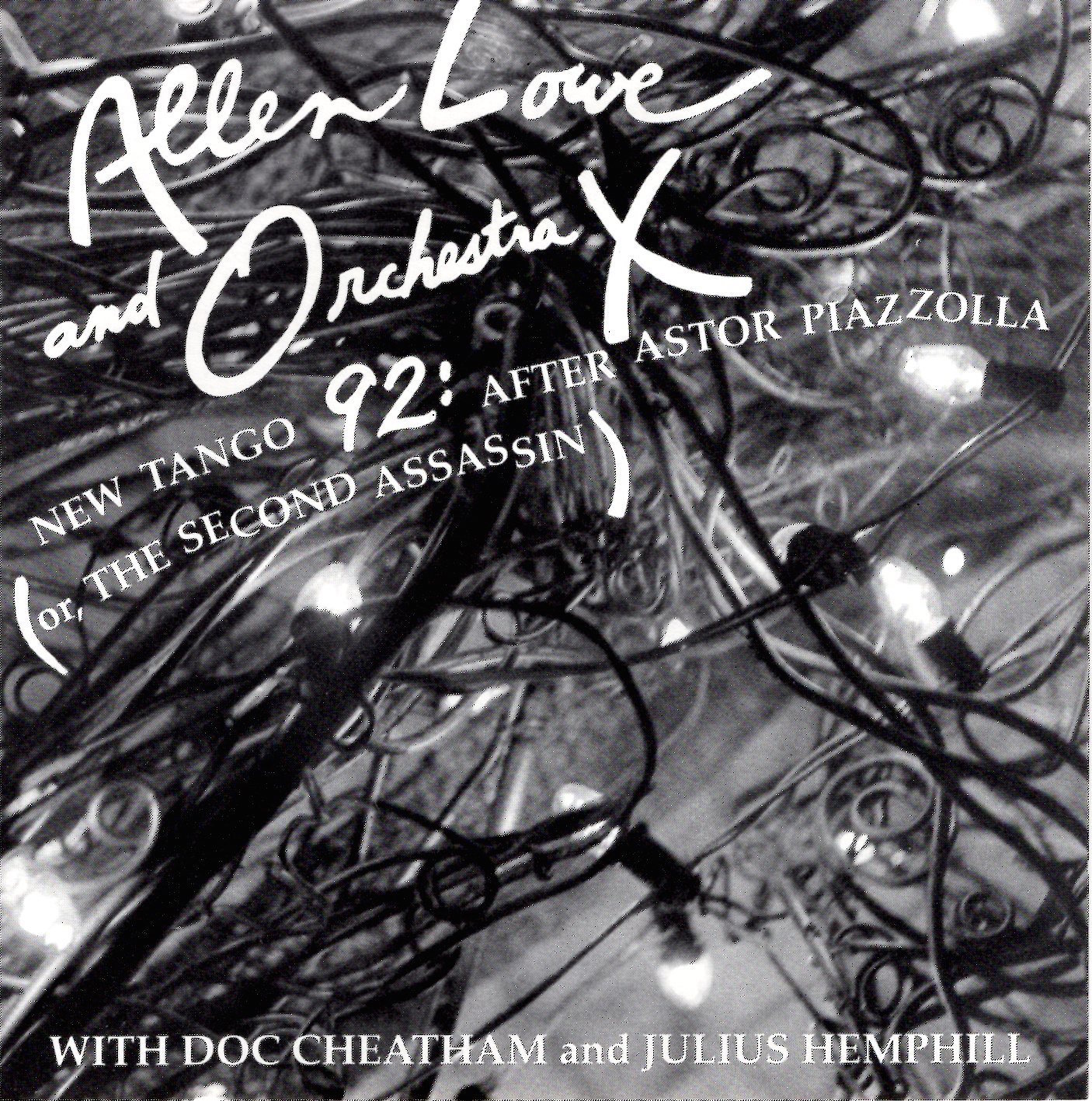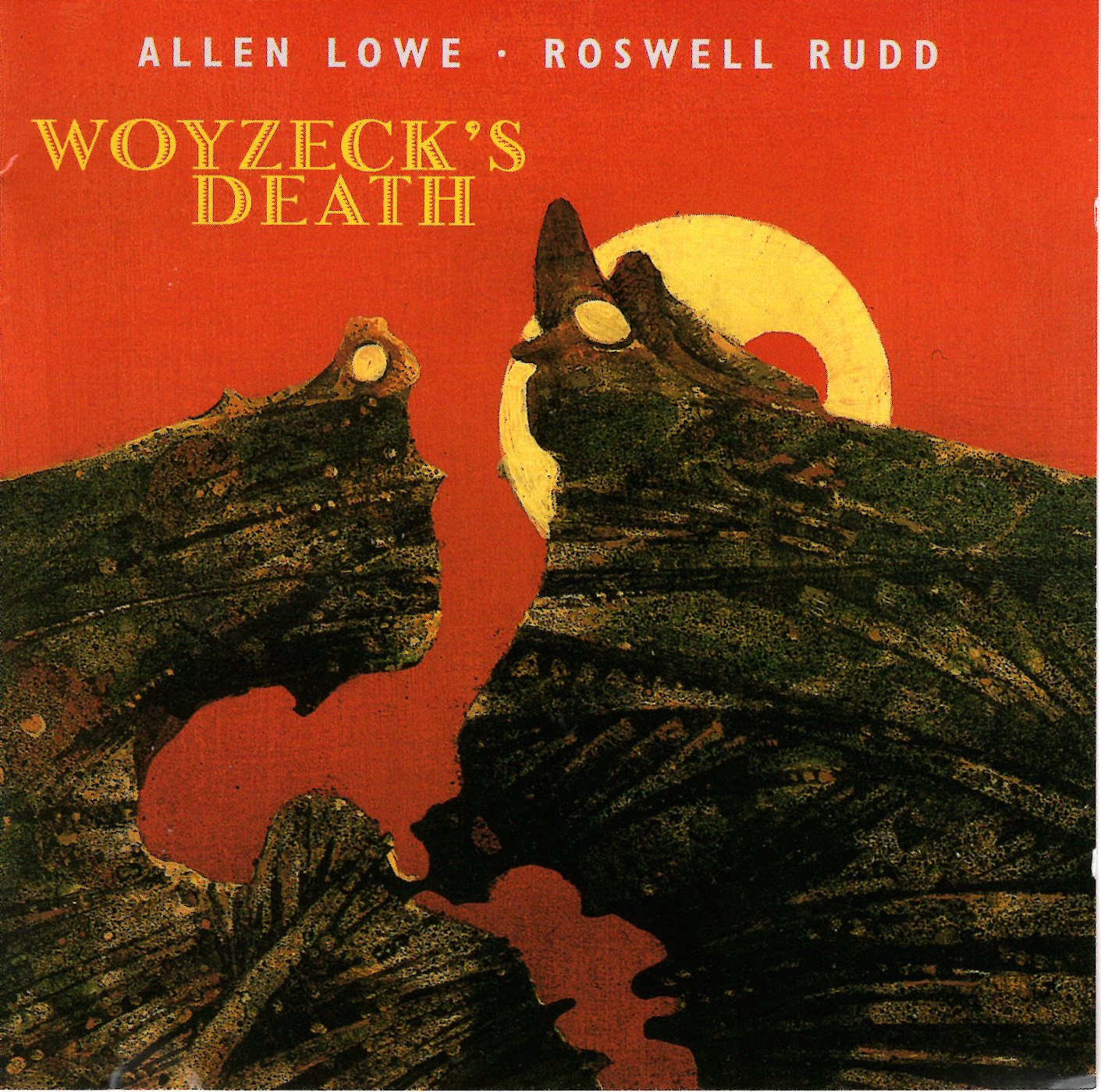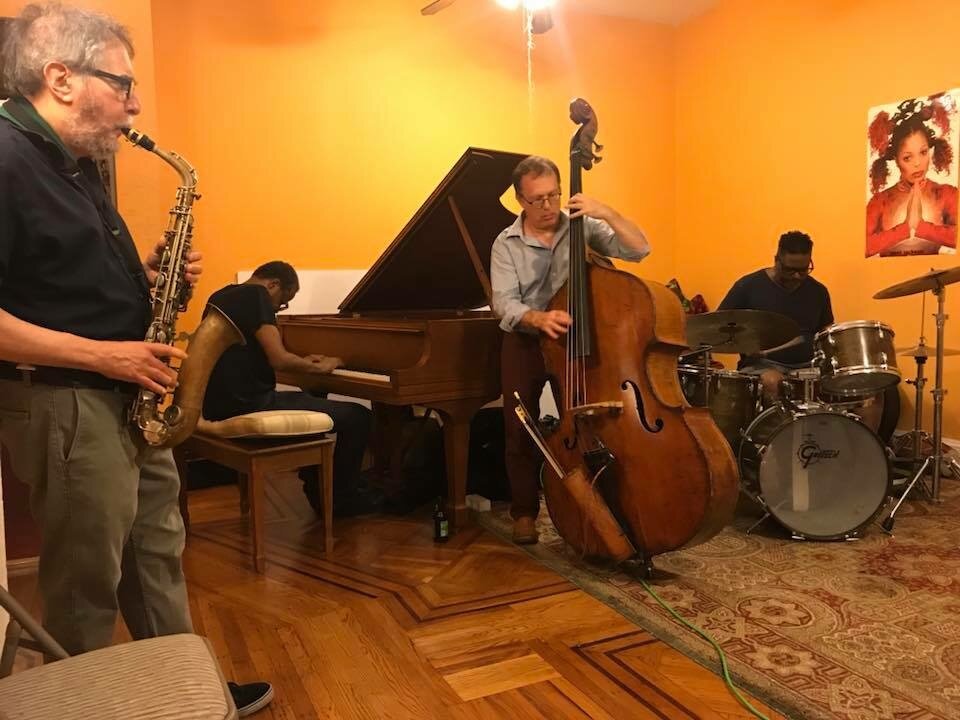America: The Rough Cut is my statement not only on American music and American song, but also my commentary on the way American musicians of all styles handle that old-time music and those old song forms . . . The old things -- not just the blues, but gospel music and pre-blues shouts and language, plus hillbilly/minstrel song and medicine show irony -- reflect a disinterest in the polite trappings of (primarily but not only white) society, an implicit rejection of basic tonal, sonic, and harmonic rules. 'Noise' has, over a long time, come to be an accepted creative strategy for many musicians, with diminishing results. What is missing is...funk? Maybe, but not in that slick, drum machine, '80s way (the 1950s and 1960s, not to mention the 1920s, are another matter). What is missing is the funk from Funky Butt Hall of New Orleans, the sweat of the churchgoing gyrations of white and black Holy Rollers and the eccentric movements and sounds of attendants of the Pentecostal Church; not to mention the religious screams of white and black folk in the throes of post-rational bursts of tongues and trembling worship; or the ecstatic eternal protest of the Church of God in Christ . . . I live in a musical world (mostly in my head) in which the sacred and the profane are two sides of the same coin, and in which the blues is more effect than cause. As for most revivalists and folkies, well, they tend to sound (like most but not only jazz musicians) overqualified; there are some very satisfying exceptions to these rules, and I have tried to reflect that in America: The Rough Cut. So here we have gospel formulations ('Damned Nation'), pre-blues ruminations ('Full Moon Moan'), a little bit of Hank Williams-directed honky tonk ('Cheatin' My Heart'), heavy metal ('Metallic Taste', 'Blues in Shreds'), 'Poor Mourner's Serenade' (hail, hail Jelly Roll Morton), 'Hymn for Her' (to my savior, and wife, Helen); a little bit of my own statement on the fallibility of free jazz, dedicated to a certain guitar player who shall remain nameless ('Blues for Unprepared Guitarist') in which, overdubbed on guitar, I make a personal appeal for a MacArthur, while daily sitting by the door, waiting for that envelope. There's also 'Old Country Rag,' an evocation of the old-time hillbilly rag; 'Eh Death,' a variation on an old fear; 'It's the End,' a bit of autobiography; 'Cold was the Night, Dark Was the Ground" (and I was the first, back in the 1990s, to reference Blind Willie Johnson in a jazz way; here is my update); and 'At a Baptist Meeting,' recorded in concert some years ago with the late, great, grievously missed Roswell Rudd.
